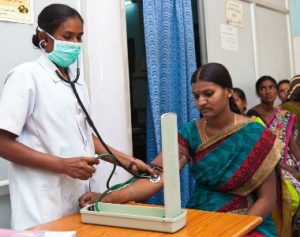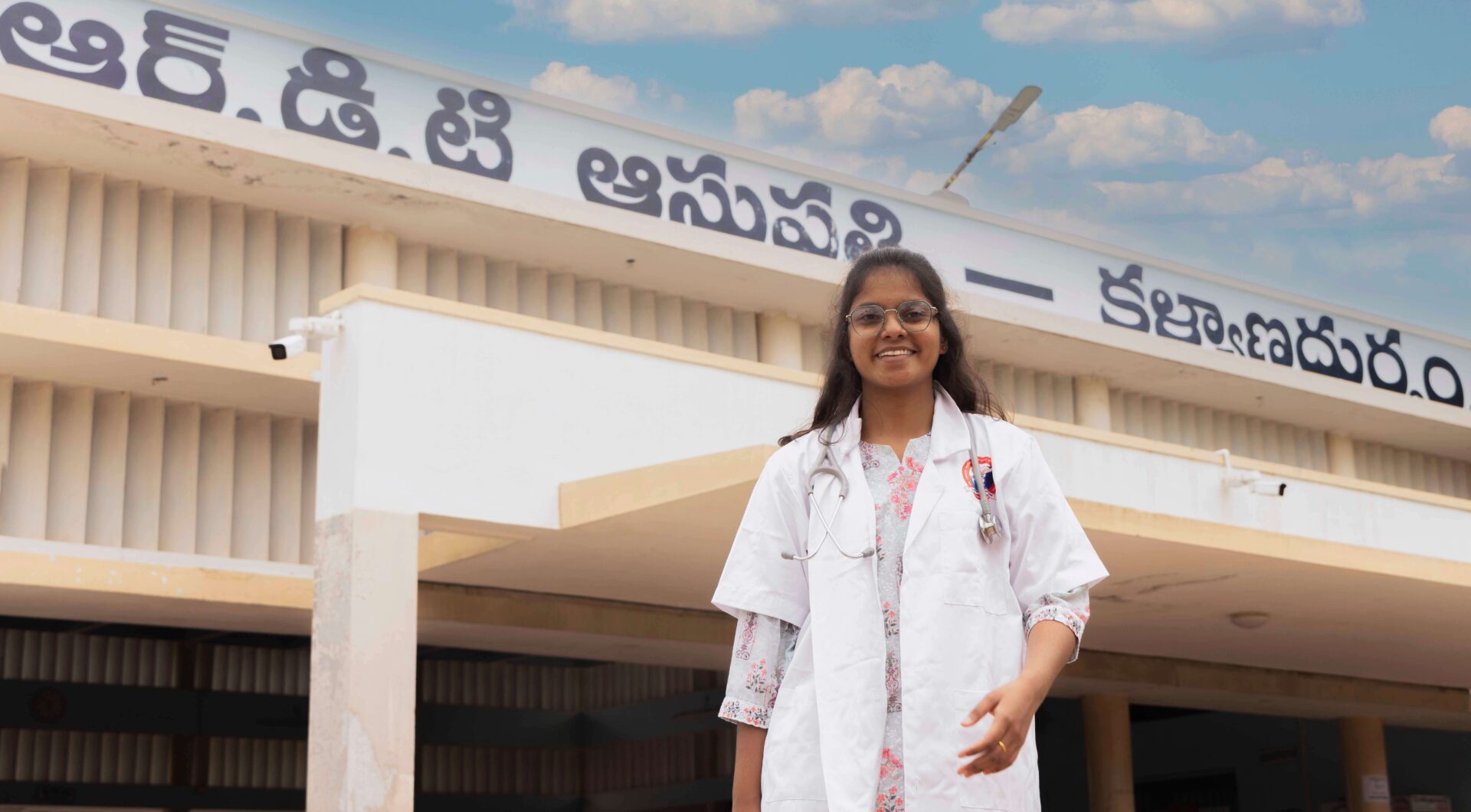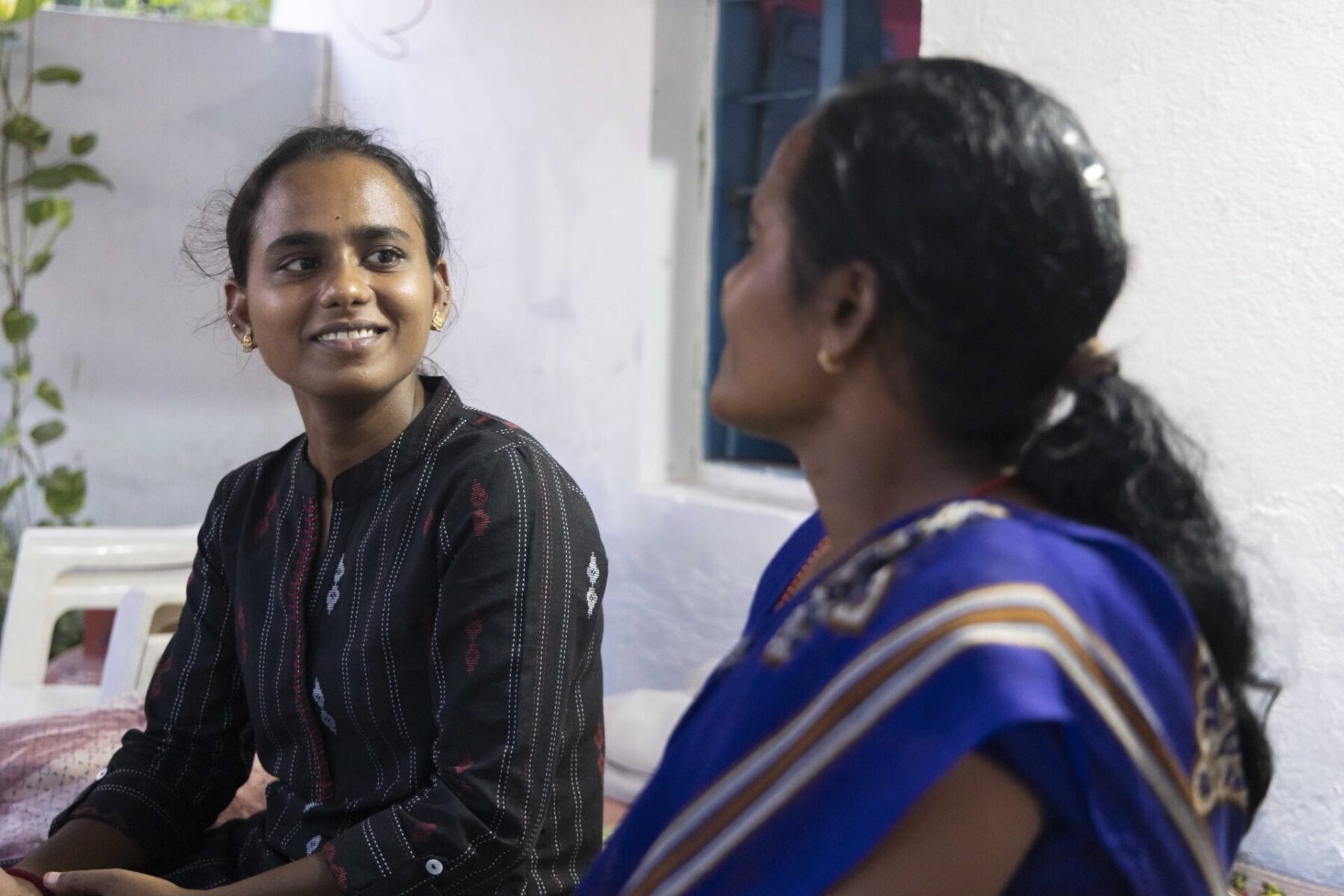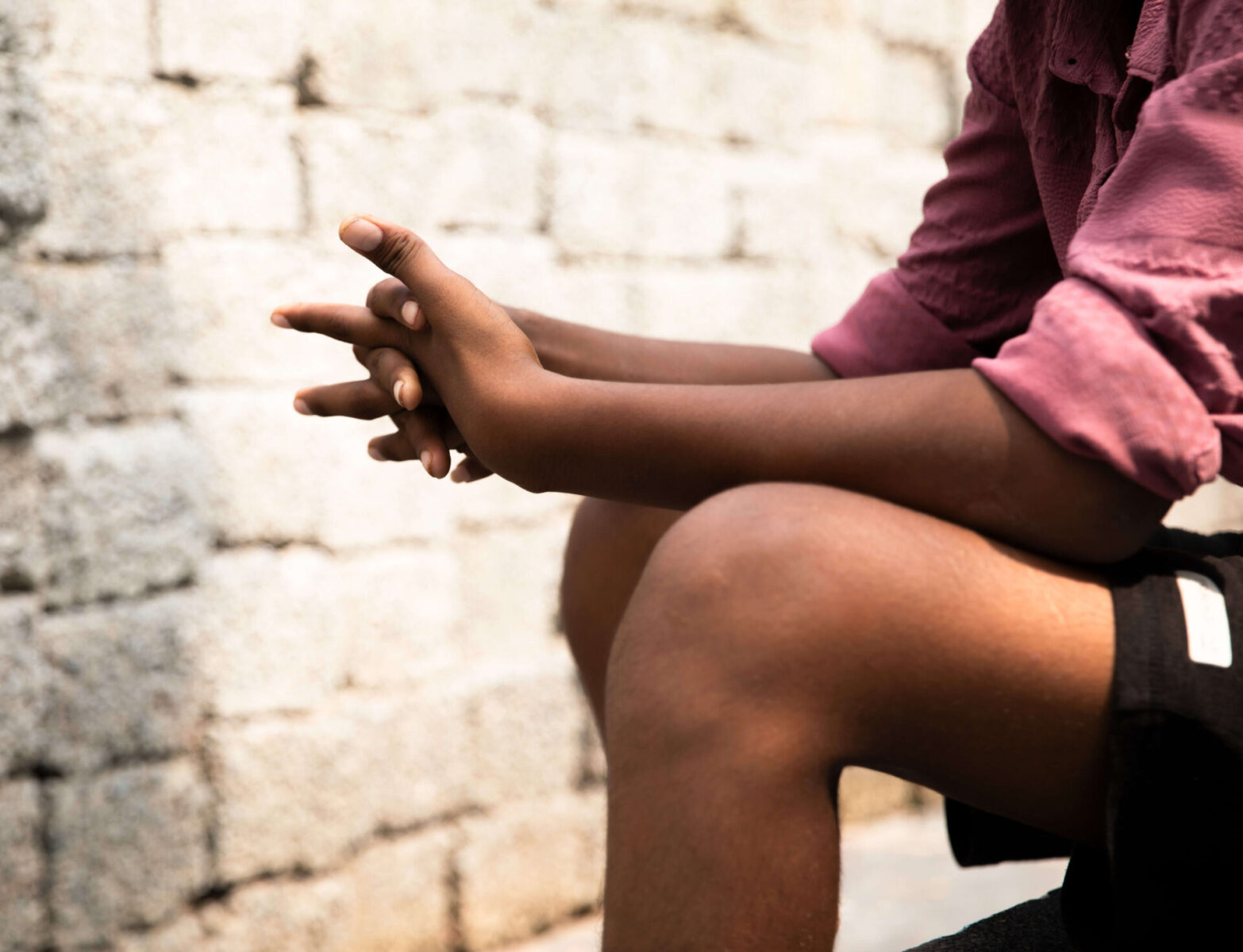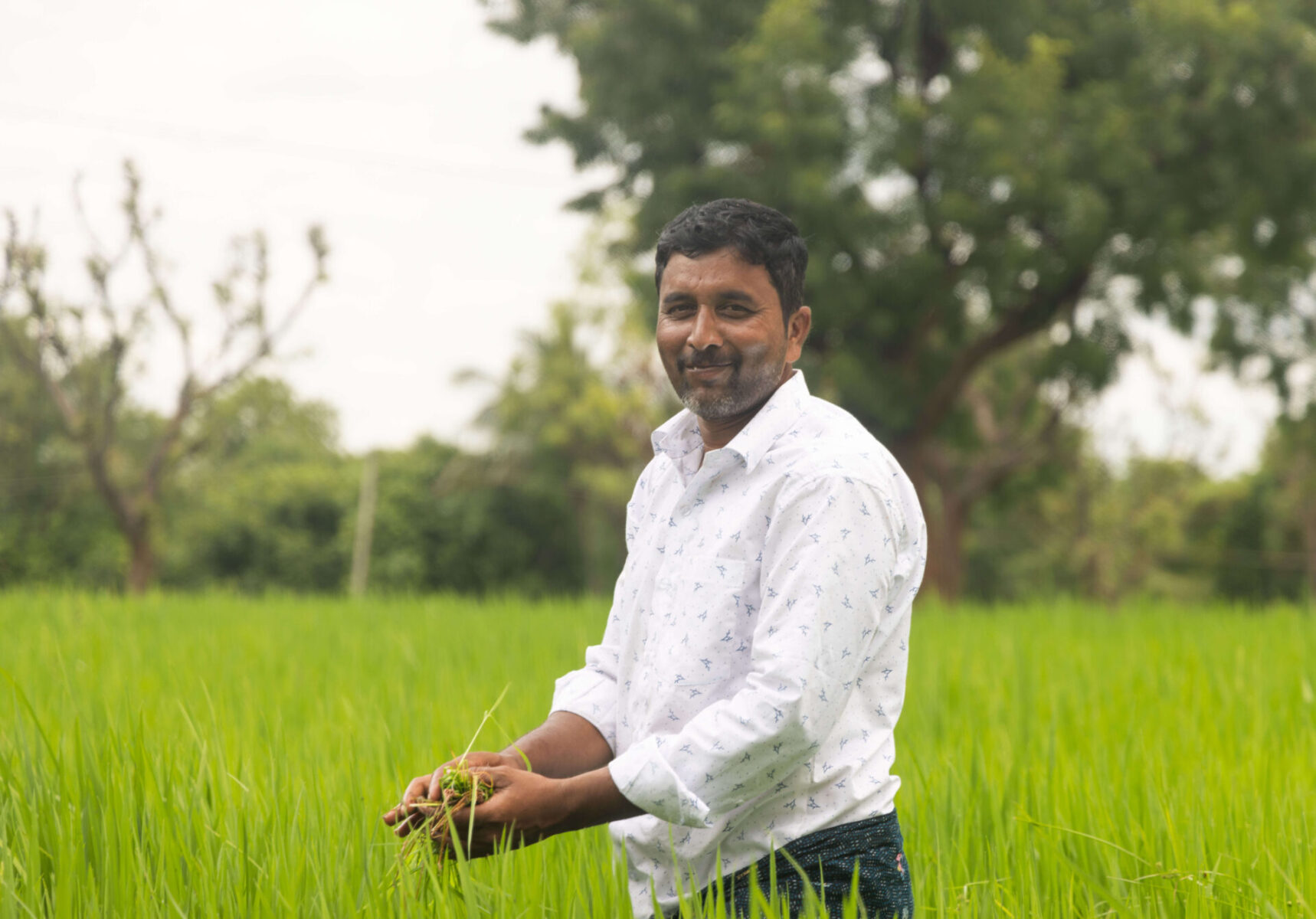“It was midnight when a pregnant woman in pain reached RDT Hospital in Kalyandurg. She had gone into labour but the baby was in breech position. The obstetrics team acted immediately and conducted a caesarean but she was losing a lot of blood and hers was a rare type. It was 3 AM but it was not until 5 hours later that blood bank staff could send us the blood due to the restriction of the lockdown. By then she had already lost a lot of blood. We managed to keep her alive and referred her to a higher institution. She was admitted there for a few days but they couldn’t save her life.”
This is the account Dr. Balasubbaiah, Director of RDT Hospital Network and an Ob-Gyn specialist (Obstetrics and Gynaecology Specialist) shared when asked about the impact of the lockdown on women’s access to health services. “Maybe, just maybe, in another context and time, we could have saved her life,” he says with a sigh.
Such daunting thoughts worsens the emotional as well as the professional burden that medical workers are facing these days.

Since the beginning of this pandemic RDT’s medical staff have also witnessed other problems. “It is not just the lack of adequate medical facilities or the difficulties to access them due to the lack of transportation. Because of fear many professionals are not conducting thorough examinations or are refusing to admit the patients, if they show any symptoms of COVID-19,” remarks Dr. Bala. This is increasing the pressure on the fewer health centres that remain open or that have not been designated as COVID-19 exclusive centres.
Earlier RDT Kalyandurg Hospital used to conduct an average of 600 deliveries per month, a number that during these last months has gone up to 750. “We have a committed team but it’s humanly impossible to handle the load of patients. We are also undertaking more serious cases than earlier as the facilities where we used to refer them to are not available any more. It is the same with lab investigations. We are located in a rural area and depended on the services offered by labs in Hyderabad or Bangalore. Due to this pandemic, we are unable to deliver these examinations and have been left on our own.”
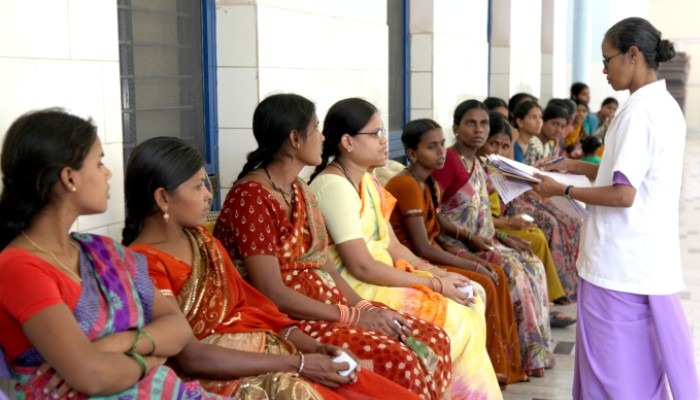
Another area of healthcare that has taken a hit is the scarcity of blood and the drastic reduction in voluntary blood donations. This is not only affecting emergency cases and surgeries but also people that require regular blood transfusions such as in cases of thalassemia. Dr. Bala adds, “Apart from the fact that people cannot come to the hospital to donate blood, it is also difficult for us to transport blood and acquire materials due to the lockdown restrictions.”
Since the beginning of the lockdown, as a preventive measure, RDT Kalyandurg Hospital reduced the number of follow-up visits for pregnant women to the hospital, cancelled all non-emergency obstetrics and gynaec services and set up triage points in all hospital accesses.
“We are following all the guidelines to prevent the spread of COVID-19 in our hospital to keep our staff and patients safe but this comes with a price. We are missing early chances to detect risks and diseases and that is a big step backwards. There has also been an increase in the number of women who are refusing to go to hospital and deciding to deliver at home without proper supervision,” he explains.

Dr. Bala as well as the rest of the medical team in Kalyandurg are laden with frustration, sadness and fatigue but there is also a sheer commitment that remains undeterred. “I am delaying my own medical check-up. My sugar level was very high the last time I checked it but my doctor advised me not to come. In spite of having adequate resources, if this is the situation for me, one can only imagine what must be happening in remote villages. The novel coronavirus is not only affecting those whom it infects but subsequently every aspect of life of others who are forced to grapple with situations that are not in their control. As medical professionals, this is the time where we have to step up and put our best foot forward while being at the frontline,” he concludes.
RDT Healthcare Network is not only treating COVID-19 patients but is also reaching out to patients with other illnesses and emergencies. We need your support to continue our life-saving work.

